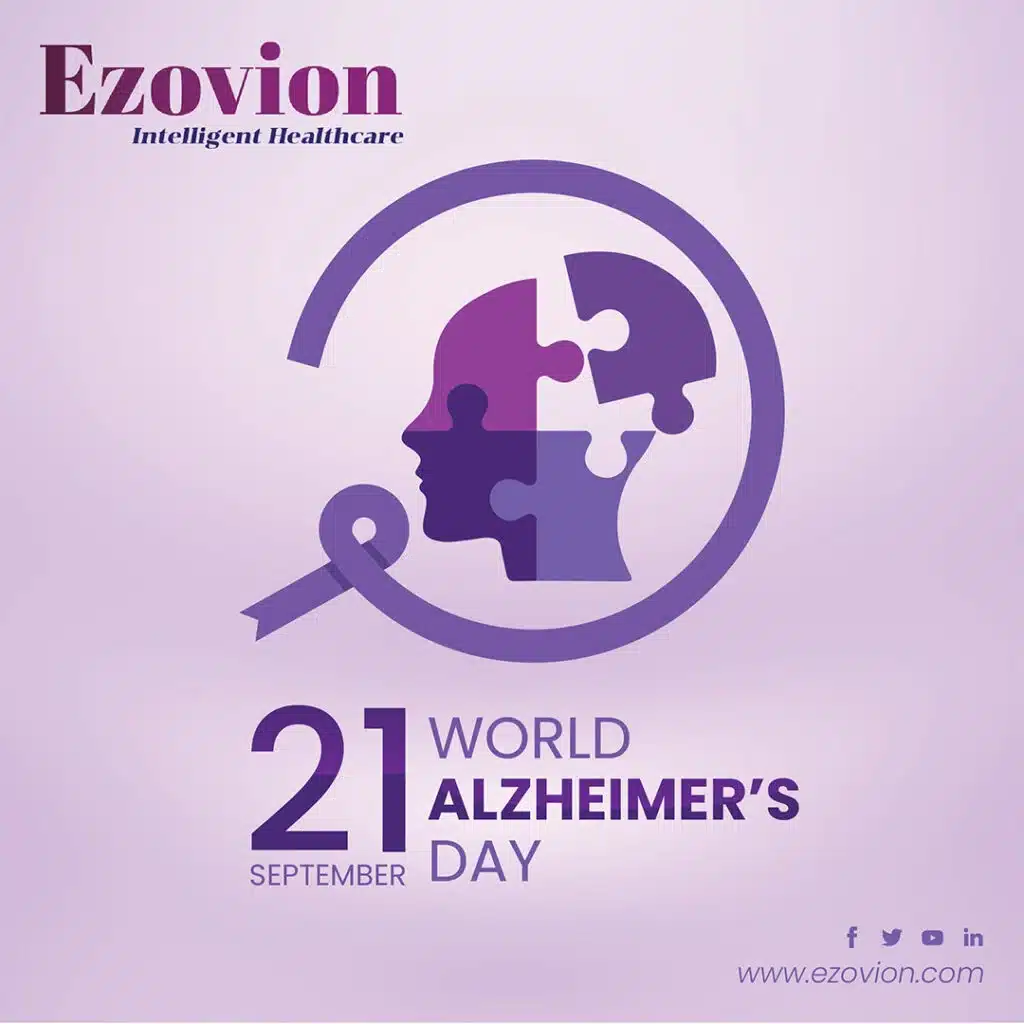We know how it feels when you’re the caregiver to someone with Alzheimer’s disease. It sure is a roller coaster ride to deal with their anxiety, stress and give them the right emotional support needed at the right time. Sadly there isn’t a cure for Alzheimer’s and the only way to cope with it is to give them your heart. While dealing with Alzheimer’s and Dementia, it’s often only your support and care that can make all the difference.
On the flip side, life for Alzheimer’s caregivers can get all-consuming if you don’t understand what your loved one is experiencing with Dementia. Read this article to understand everything about Alzheimer’s and what you ought to do to keep things balanced for you and your loved ones.
Understanding Alzheimer’s
Alzheimer’s is a complicated disease that usually occurs in older people aged 65+. To understand what a person with Alzheimer undergoes, you’ll need to know what exactly happens during the disease:
All of us know that our brain has 100 billion nerve cells (neurons). Each nerve cell connects with many others to form communication networks. Groups of nerve cells have special jobs that involve thinking, learning, and remembering. Others help us see, hear and smell. Brain cells operate like tiny factories where they receive supplies, generate energy, construct equipment and get rid of waste. The cells are also responsible for processing strong information and communicating with other cells.
Evidence states that Alzheimer’s disease prevents parts of the brain cell’s factory from running well. Like any other factory, the breakdowns in one system cause problems in the other areas. The damage spreads and the cells lose their ability to do their respective jobs, eventually dying and causing irreversible changes in the brain. This leads to a loss in memory, psychological problems, and behavioral issues.
Dealing with and Coping with Alzheimer’s can be difficult, but it’s important to know that there are things you can do to make a difference in how you experience and cope with this health challenge.
You can start by considering the following aspects of adjusting to and living with Alzheimer’s disease.
1. Emotional
Coping with Diagnosis and symptoms can be stressful, so it’s best to give yourself much information and space to adjust to this new challenge. It applies to whether it’s you who is affected or someone close. It’s important that you acknowledge and identify the emotions and understand the range of emotions that can be normal to this diagnosis.
The person affected may experience shock and disbelief of something happening and you wouldn’t be sure if it’s real or not. He/she may experience a mix of denial, Grief, and depression of not being able to cope with it. The affected person may also be in a state of anger sometimes, and it’s completely normal to be like it. The affected person may experience a rollercoaster range of emotions, at a time or all at once and it’s important for the caregiver and the person affected to acknowledge that these may happen…
How to deal with it?
Eventually, you may be able to muster the courage to accept the diagnosis if you know how to deal with it. The following can help:
1. Start journaling your thoughts without the fear of being judged. Not only does it help you let out your emotions, but it also acts as a medium to escape.
2. Start meeting at gatherings. Give yourself the push even though you are tempted to stay indoors.
3. Gather all the knowledge to keep yourself updated on how to deal with it with inspiration from other people’s lives.
4. Make plans on whether you’re considering in-home care, assisted living, and long-term care/nursing homes ahead of time, rather than during a possible crisis.

Physical
While it’s the brain that has Alzheimer’s, it’s important to pay attention to the whole body. You may have to deal with issues sometimes with your vision, hearing, or any other part of the body. Be sure to get your vision and hearing checked routinely since deficits in these areas can cause, or increase confusion. Or, if your knee or back is constantly aching, ask your doctor what can be done to help decrease that discomfort. Don’t neglect other areas of your health.
How to deal with it?
1. Keep a habit of daily Physical exercise to improve your functioning and protect against depression.
2. Pay attention to good nutrition and consume food that has better cognitive functioning.
3. keep mentally active. Try to stretch your mind by doing mental gymnastics such as crossword, Sudoku, or jigsaw puzzles, or other mental exercises.
Social
While it’s natural to feel withdrawn from society, you need to ensure that you remain active and engaged with the world around you and give up on your hobbies. You may experience anxiety, stress and have some sort of inconvenience in gatherings. Even in such cases, don’t give up.
How to deal with it?
1. Call out for a Family gathering and discuss your experience. Educate them and make them aware and it sure does make you feel connected.
2. You may find it helpful to join a support group, either in your local community or online.
3. Seek Quality of Life with social interactions.
It’s okay to Ask for Help
There are times when you may need help. Especially when you are the one who provides help for others, it’s more difficult. Keep in mind, however, that asking for and receiving help can help you be more independent for a longer time. Asking for assistance is also beneficial for others who want to be helpful but might not know-how.









